Found along the coastlines and tidal rivers of tropical and subtropical regions, mangrove forests are unique ecosystems that thrive in salt water. They have adapted to withstand the low oxygen levels of waterlogged mud and the rough waves of changing tides – harsh conditions that would destroy most other plants. They also sequester enormous amounts of carbon. Put simply, these ‘blue forests’ are crucial for people and the planet.
According to the Global Mangrove Alliance, there are 147,000km2 of mangroves worldwide, an area about the size of Bangladesh. Yet, mangroves are being lost faster than almost any other forest on Earth – almost 2% every year. Mangroves are cleared for farming and aquaculture and cut for timber and charcoal, and this destruction is hindering these frontline climate defenders from protecting against the climate crisis. Mangrove conservation and restoration must be led by the communities who depend on these forests for survival, so that their countless benefits – environmental and socioeconomic – can be harnessed to help us all thrive together.
Mangroves protect coasts from erosion and storm surges, sustain livelihoods such as fishing and shellfish gathering for nearby communities, and provide essential nurseries for a range of fish and sea invertebrates. In fact, more than a third of coral reef fish species breed in the mangroves. But their greatest strength lies in their ability to capture carbon – mangrove forests are powerful carbon sinks that can store up to ten times more carbon per hectare than terrestrial forests. That’s why mangrove conservation and restoration is one of the nature-based solutions the Aga Khan Foundation (AKF) is supporting to help build resilience to the impacts of climate change.
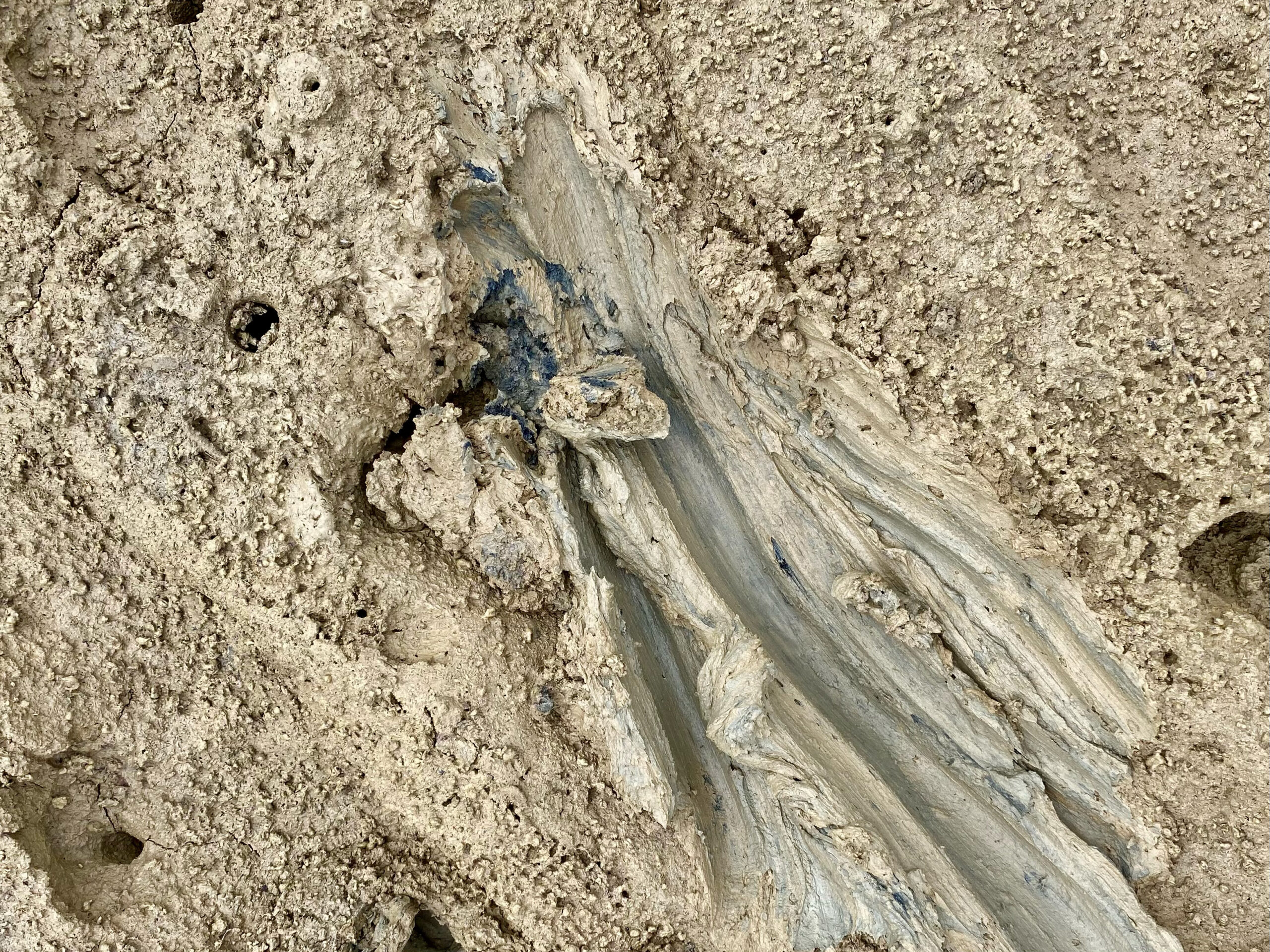
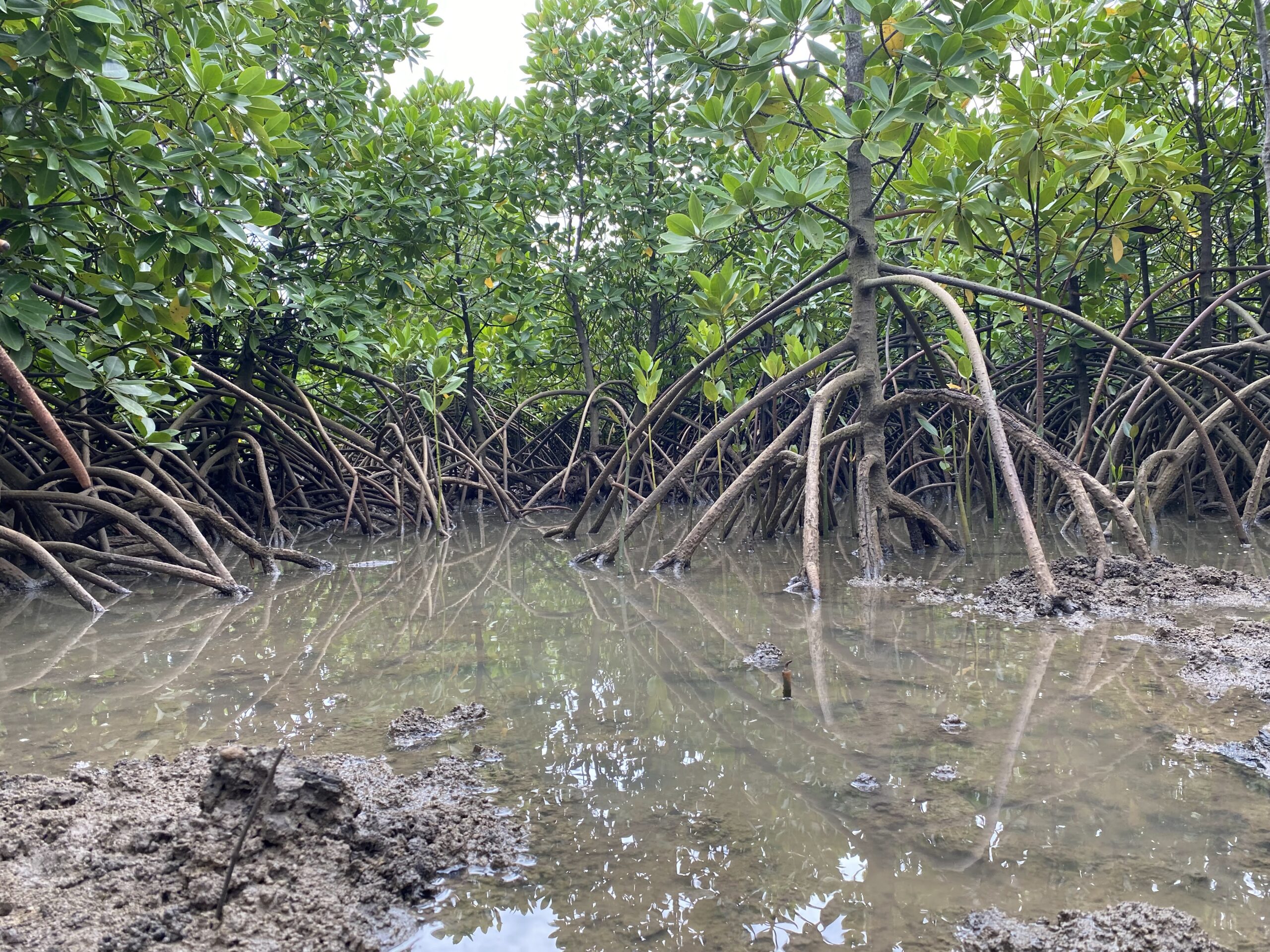
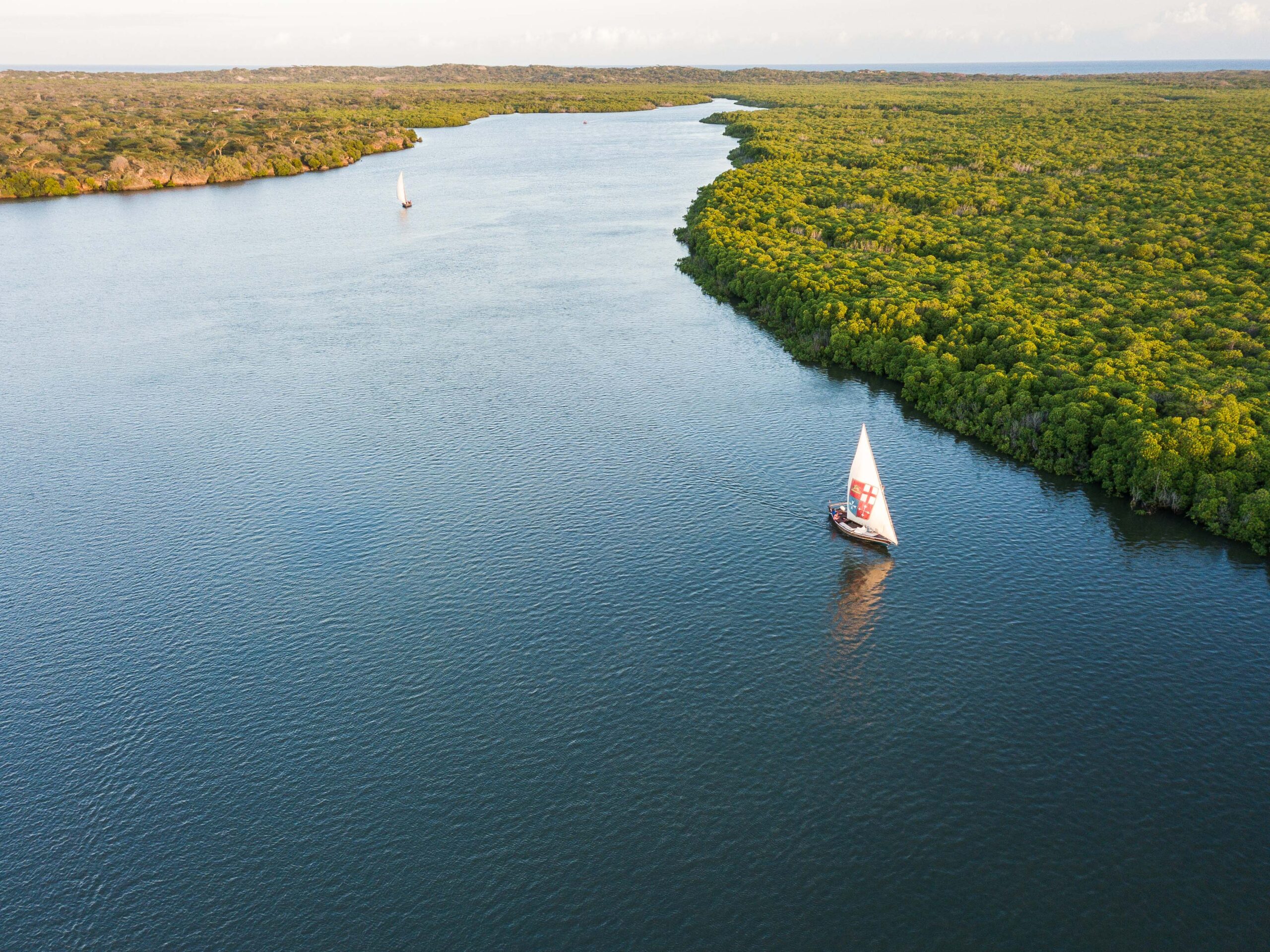
In Kenya, AKF is partnering with local organisations to build on community-led mangrove conservation and restoration efforts, and to share knowledge about holistic approaches to environmental solutions, ensuring that the links between climate change, poverty alleviation, and inclusive, sustainable development are present in all that we do.
One such partnership is with Big Ship Organisation, a youth-founded organisation that supports climate initiatives along Tudor creek in northwest Mombasa. Mombasa in a coastal city in Kenya with around 3,700 hectares of mangroves. Rapid urbanisation and urban sprawl, poor waste management, illegal logging, pollution, and lack of awareness have led to the loss of these vital peri-urban forests. peri-urban forests.
For Big Ship, alongside the mangrove restoration and conservation initiatives is a keen understanding of the interconnectedness between the mangroves and their role in the socioeconomic fabric of its surrounding communities.
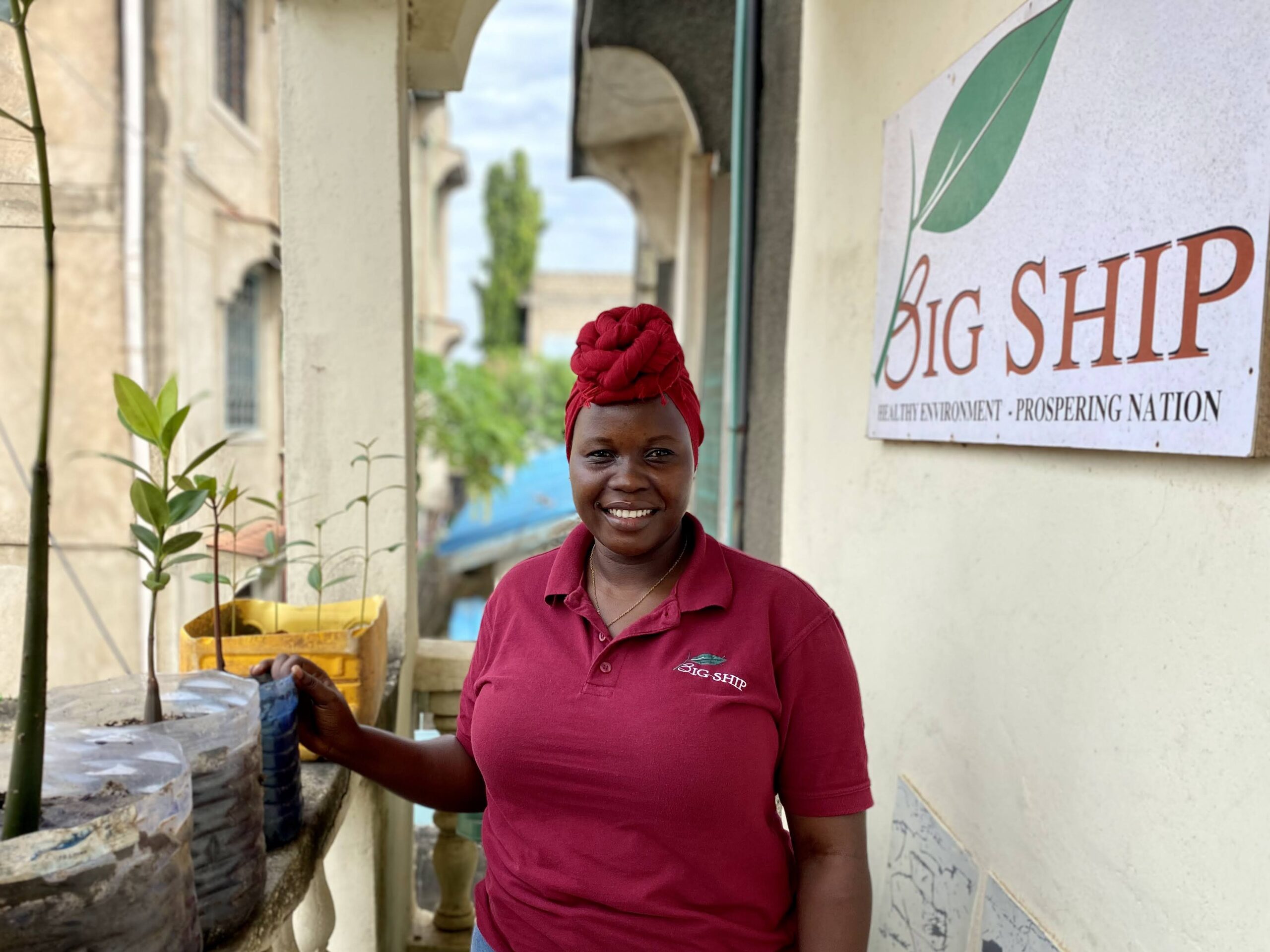
“The mangrove forest belongs to the community,” said Susan, Head of Programmes at Big Ship. “We ensure that the community can own the process. We work with communities to look for ways to improve living standards and provide alternative sources of livelihoods because they used to rely on mangrove forests.”
“The mangrove forest belongs to the community. We ensure that the community can own the process. We work with communities to look for ways to improve living standards and provide alternative sources of livelihoods because they used to rely on mangrove forests.”
Susan, Head of Programmes, Big Ship
By offering alternative sources of employment like beekeeping, nursery management, and waste collection for recycling , Big Ship is helping communities realise that mangrove restoration and conservation can open new opportunities. “People who were logging are now trained scouts doing beekeeping – they’ve seen the importance of beekeeping and planting trees. [Restoring the mangroves] has opened opportunities for crab hunting, and the size of crabs are larger than what they used to be. The forest cover has also increased,” said Susan.
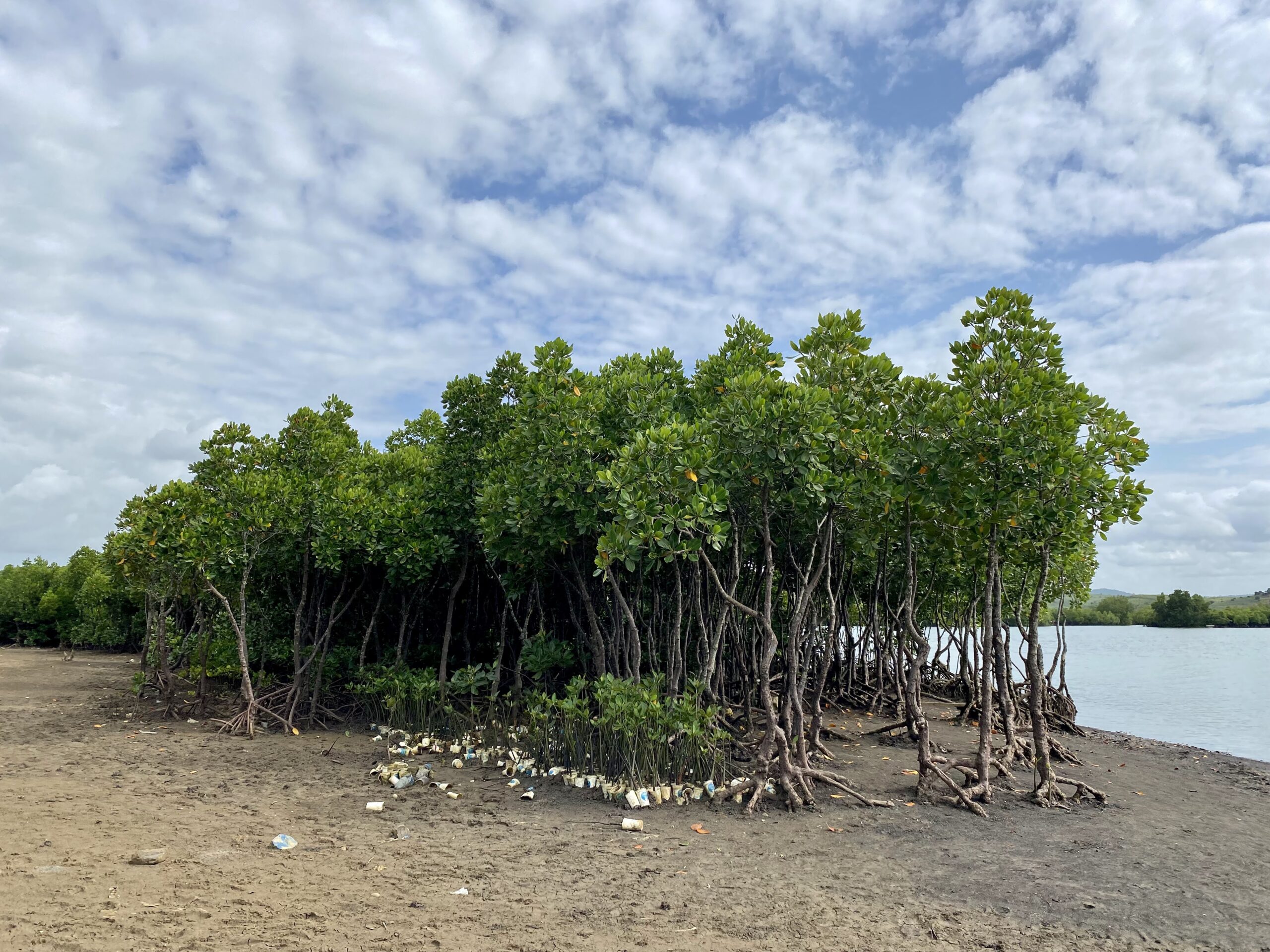
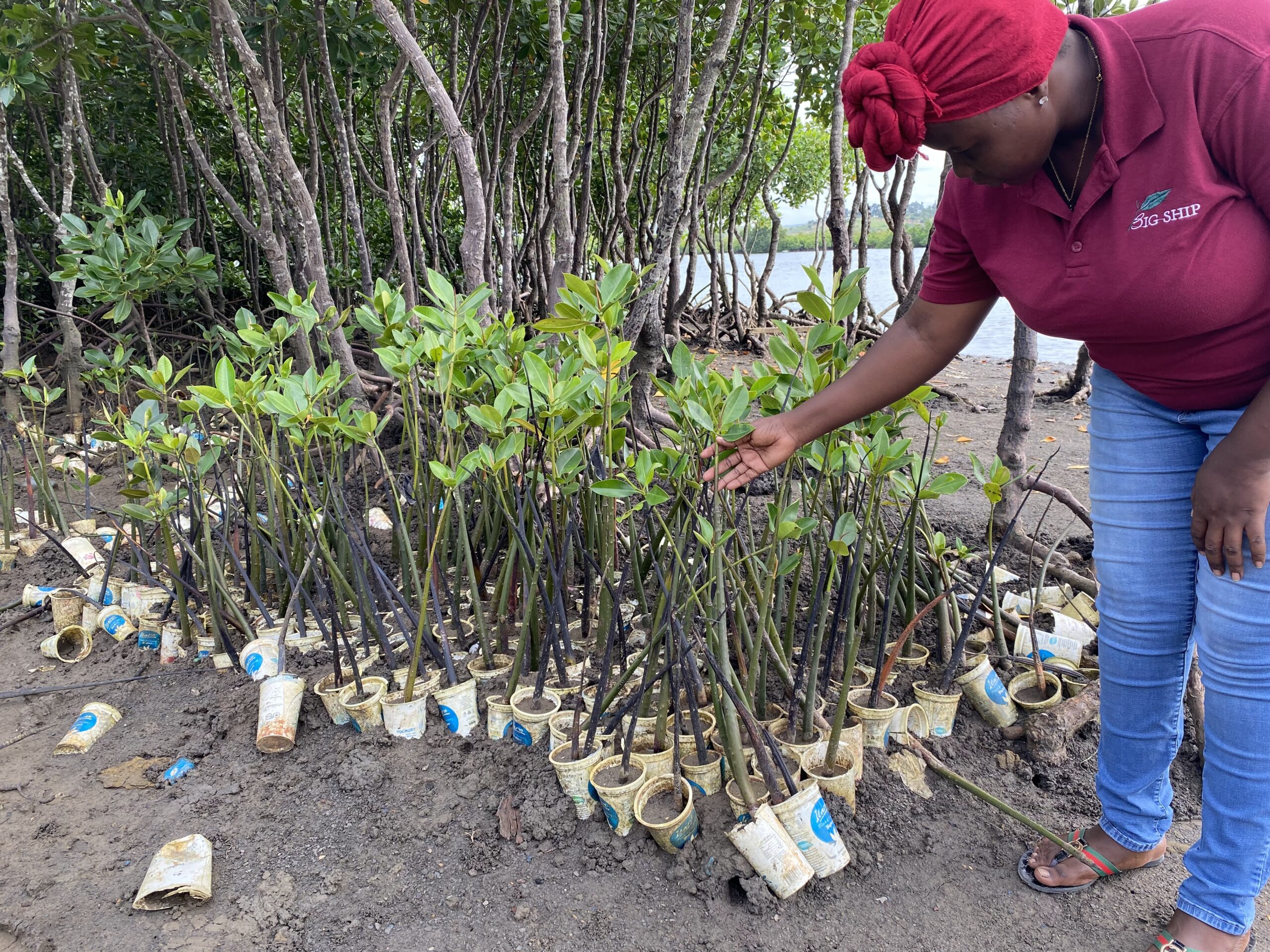
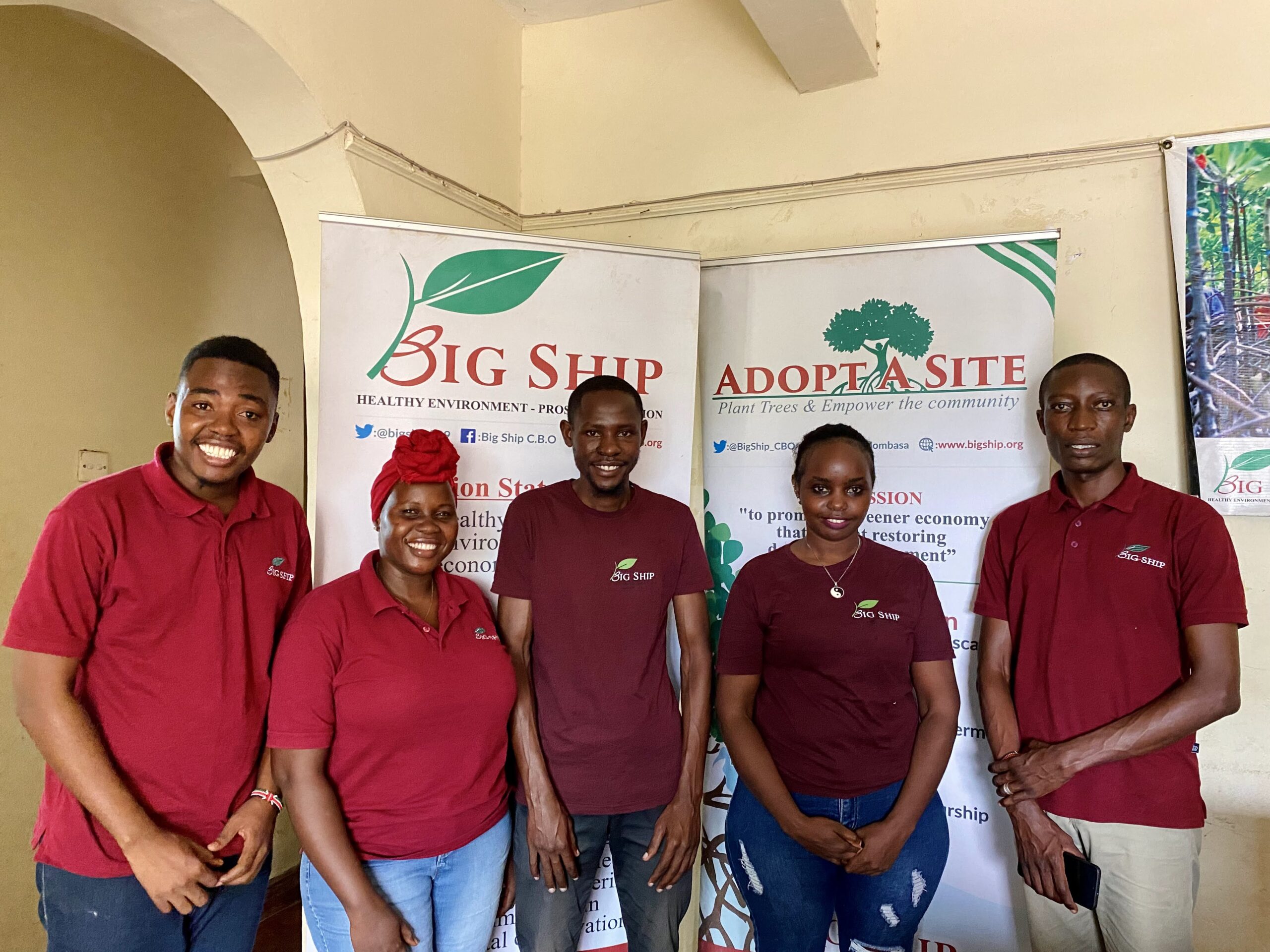
Mangrove initiatives are also bringing new opportunities to unemployed Kenyan youth. As part of AKF’s Green Champions programme, young Kenyans and unemployed technicians are connected to local organisations like Big Ship to build their skills and knowledge in mangrove conservation and restoration.
Education and community engagement are also crucial components to ensure that the importance of environmental conservation and sustainable development are safeguarded in the present and future.
In collaboration with local civil society organisations, government agencies like the Kenya Forest Service, and other Aga Khan Development Network Institutions including Aga Khan Education Services, the Madrasa Early Childhood Programme, and Diamond Trust Bank, AKF launched ‘Plant Your Age’ in 2019, an annual seedling planting event that brings together community members in support of restoring Mombasa’s mangrove forests.
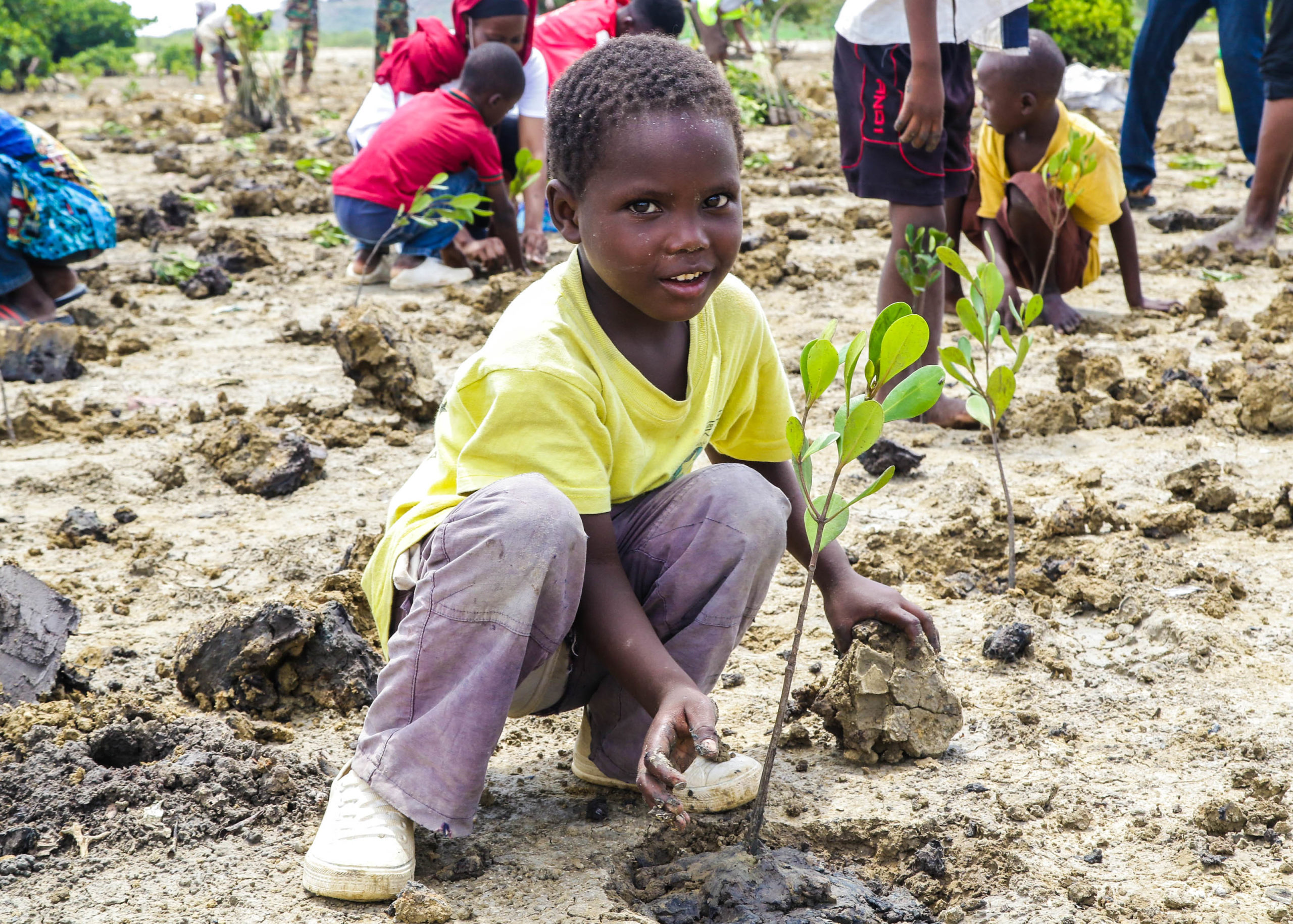
This year, as part of AKF’s work to integrate climate into educational curriculum, AKF is bringing 122 students to Mombasa for design innovation workshops on mangroves, income generation, and community integration. Each year, on World Mangrove Day, AKF and Big Ship host events to raise awareness about the importance of preserving these forests – this year, Kenya’s national event is being held in Mombasa.
Mangrove restoration and conservation is one of the many ways AKF is working to strengthen climate resilience. By partnering with local organisations like Big Ship, AKF is prioritising locally driven and community-led solutions, supporting a greener future where we can all thrive together.
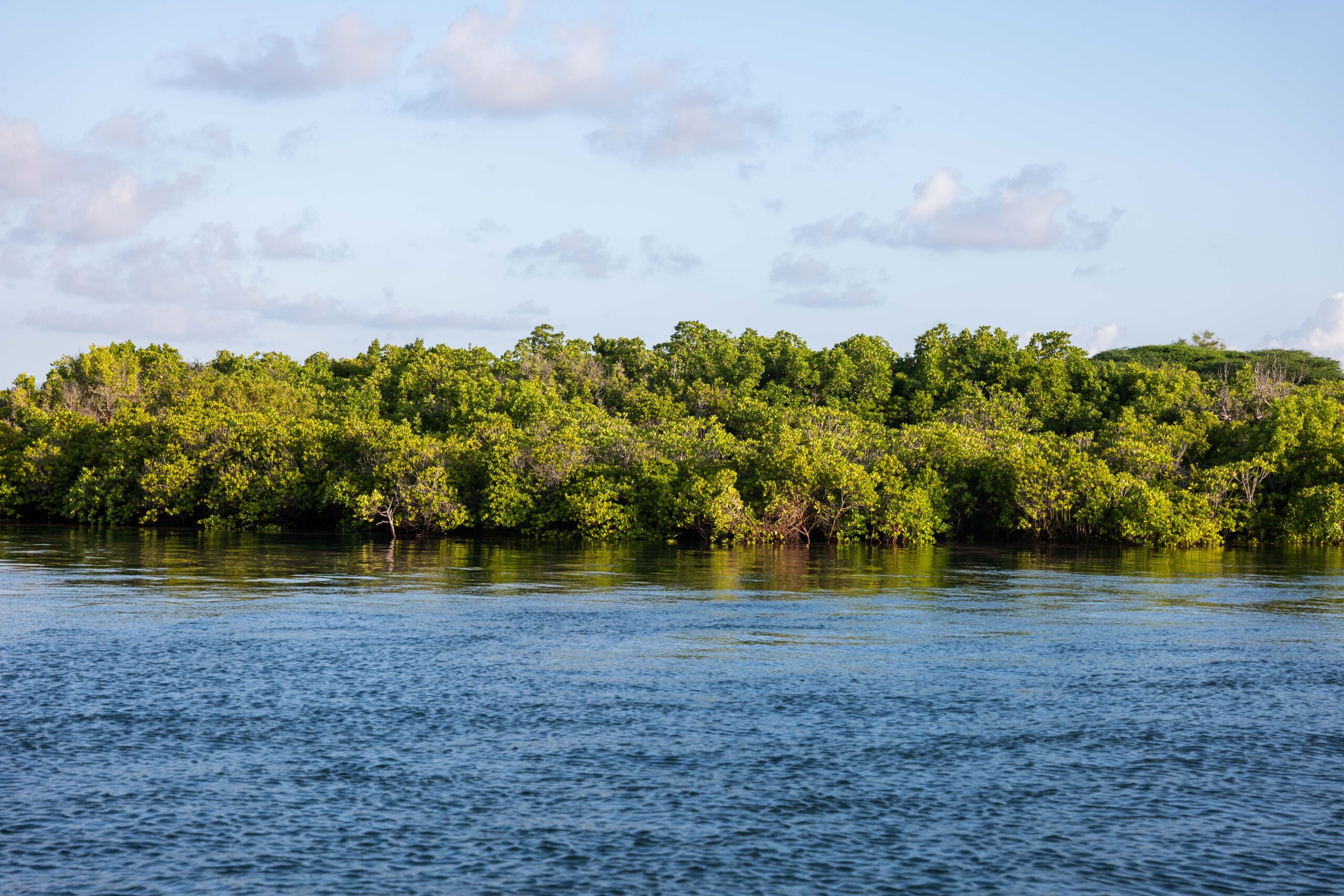
This programme is part of AKF’s Climate Resilience programme which supporting thousands of communities in Africa, Asia and the Middle East to address the challenges and opportunities of climate change and contribute to a healthy planet.
Written by Annie Lee, Communications and Content Officer, AKF Canada




